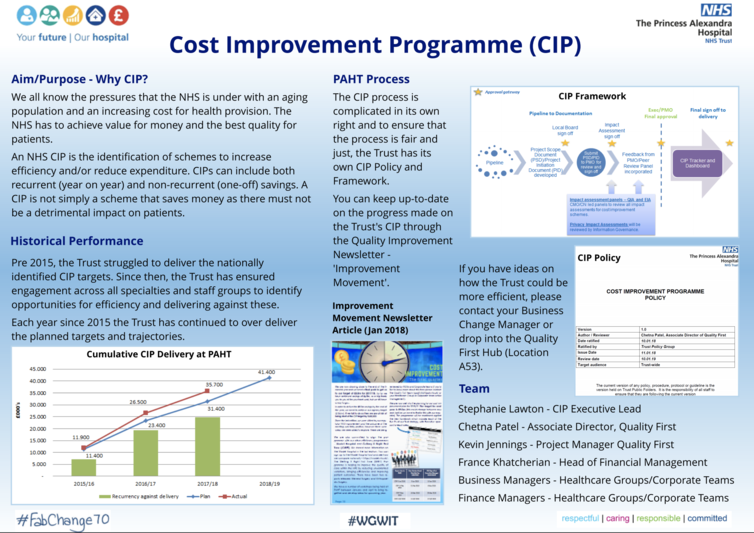More than 120,000 patient meals ordered using new electronic ordering system
Staff on the wards at the Royal Lancaster Infirmary (RLI) and Furness General Hospital (FGH) can now order inpatient meals using tablet computers on the same day rather than having to fill in a paper form and taking it to catering staff a day in advance. A staggering 122,333 meals have been ordered on 14 wards at RLI and nine wards at FGH. The old process could take ward staff up to one hour 30 minutes to complete. Not only do the staff on the wards have more time to spend on patient care, the tablets have significantly reduced food wastage by 45%, which is a reflection of the Trust’s commitment to become more eco-friendly and efficient.
East Lancashire Hospitals Trust cuts letter costs in half with digital launch
A new patient communications project by East Lancashire Hospitals NHS Trust has cut the cost of appointment letters by 51 per cent, as part of a trust-wide initiative to drive digital efficiency.Following the launch this summer, its digital letter implementation has seen 44 per cent of eligible patients choosing to receive their appointment letter digitally, which halves the cost the Trust traditionally spends per letter on posted correspondence. The digital letter portal has been pioneered by Healthcare Communications and its introduction follows the success of a multi-channel appointment reminder service that has helped the Trust reduce DNAs from 8.9% to 7.5%, freeing up 38,000 reusable appointment slots over the past 12 months.
Central Stationary Store
Streamlining and centralising stationary ordering saved money and was liked by staff
Taunton and Somerset NHS Foundation Trust: tighter control on spending
Needing to control spending, as all trusts do, we realised the most effective way is to get a grip on supply chain operations; to understand what products are being used, where, when and on, or by, whom. This would enable us to control and manage the flow of supplies, identify cost drivers, and ultimately help get our finances into better shape to treat more patients. One of our key principles is to run as efficiently as possible, by making sure every penny spent delivers the best levels of care and clinical outcomes for patients.
Some of the most compelling benefits from the first phase of the project include more than £426,000 one off cost saving; a 88% reduction (39 hours per week as theatres) in clinical time involved in stock ordering, releasing back to the front line; clinical consumable availability increased to 99.6% from 88%, and the benefits continue to roll.
PAHT - CIP
An NHSCIP is the identification of schemes to increase efficiency and/or reduce expenditure. CIPs can include both
recurrent (year on year) and non-recurrent (one-off) savings. A CIP is not simply a scheme that saves money as there must not be a detrimental impact on patients.

